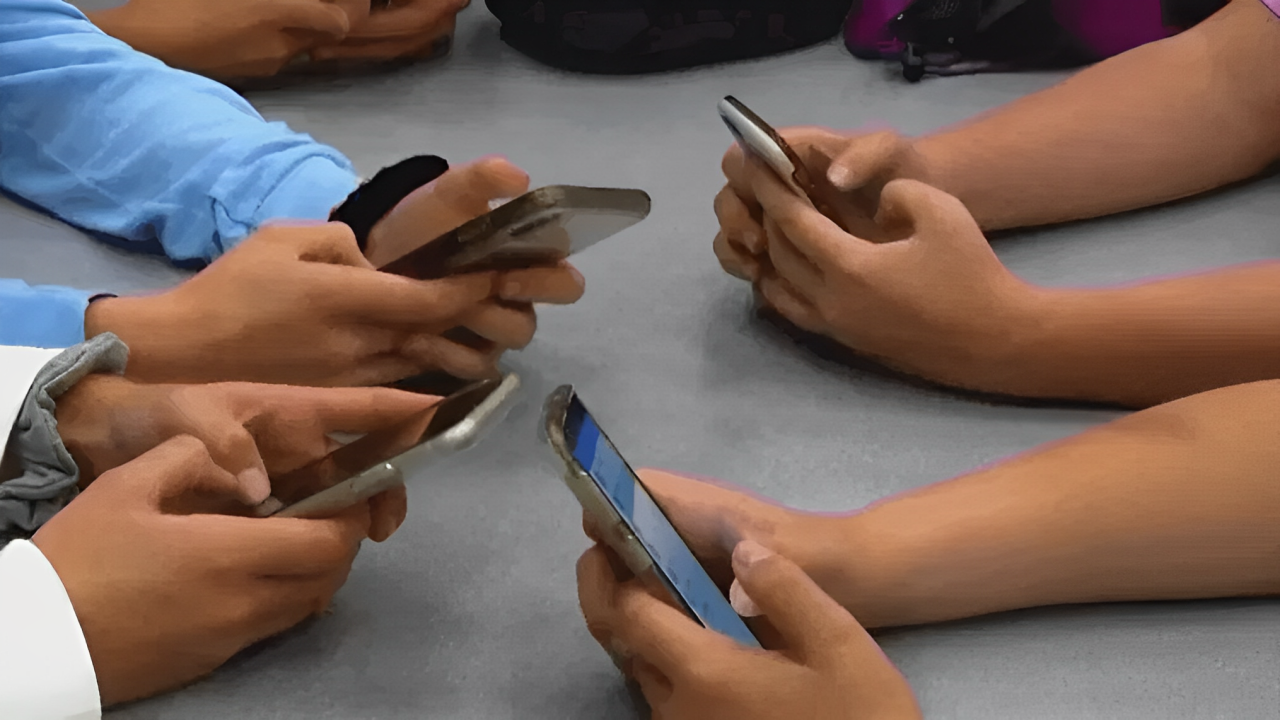New Survey Shows 68% of Teachers Nationwide Support Stricter Cell Phone Policies in Schools!
Cell phone restrictions in schools are becoming a major back-to-school topic, with growing support from educators for stricter cell phone policies, according to a recent survey by Study.com involving over 1,100 middle and high school teachers across the country.
68% of educators believe that strict cell phone rules have led to better classroom management. The support is even stronger in states like New York and New Jersey, where 76% of teachers agree that these rules help maintain order and discipline in the classroom.
The survey highlights that 78% of educators think that strict cell phone policies not only reduce classroom disruptions but also enhance student safety. This aligns with recent reports of several school districts implementing tougher phone rules for the upcoming school year.
Many educators believe that tighter cell phone restrictions are essential for creating a safer and more focused learning environment for students.
Across the United States, nearly 70% of teachers expressed that banning cell phones in schools improves their sense of security. Teachers are increasingly concerned about the negative impact of mobile devices on student behavior, learning, and overall classroom dynamics.
Cell phones are often seen as a significant source of distraction, contributing to off-task behavior, cyberbullying, and other safety concerns.
The survey authors concluded that this data points to a clear trend: teachers feel that stricter mobile device policies help minimize distractions and better protect students’ well-being.
Many educators argue that cell phones, while useful in some situations, are often misused by students for non-educational purposes, leading to lost instructional time and a less productive classroom environment.
This push for stricter cell phone rules comes amid a broader debate about technology’s role in schools. While some advocate for smartphones’ educational benefits, such as access to learning apps and online resources, teachers on the front lines are increasingly voicing the need for boundaries.
The survey shows that the majority of educators believe that the cons of unrestricted cell phone use outweigh the pros, particularly when it comes to maintaining control and focus during lessons.
Several local school districts have already announced plans to enforce stricter phone policies as students head back to class. These measures range from complete bans on phones during school hours to requiring students to keep their devices turned off and stored away.

The goal is to limit interruptions and ensure that students remain engaged in their lessons without the constant lure of social media, texting, and other distractions.
As the school year approaches, the discussion around cell phone use in schools continues to heat up. Parents, teachers, and school administrators are weighing the pros and cons of allowing phones in the classroom.
Many argue that while technology has its place, creating a structured environment with clear boundaries is crucial for students’ academic success and mental well-being.
Ultimately, the survey results indicate a strong consensus among teachers: cell phone restrictions are an important tool for improving classroom management, student safety, and overall learning outcomes.
Read More:
Mid-South School District Reports Success with New Cellphone Ban Policy!
Don’t Miss Out: 6 Reasons Why You Should Visit Tennessee At Least Once in Your Lifetime?
With schools increasingly prioritizing stricter phone policies, it remains to be seen how these measures will impact students’ academic performance and behavior in the long term.

